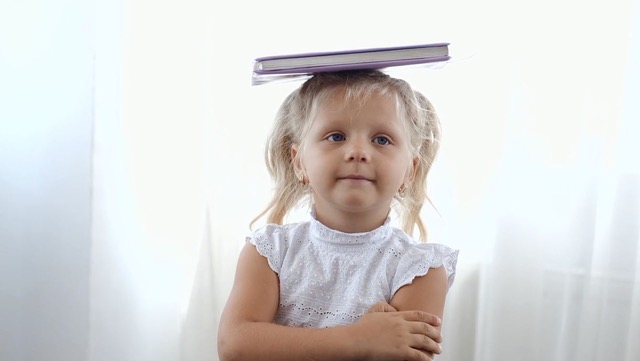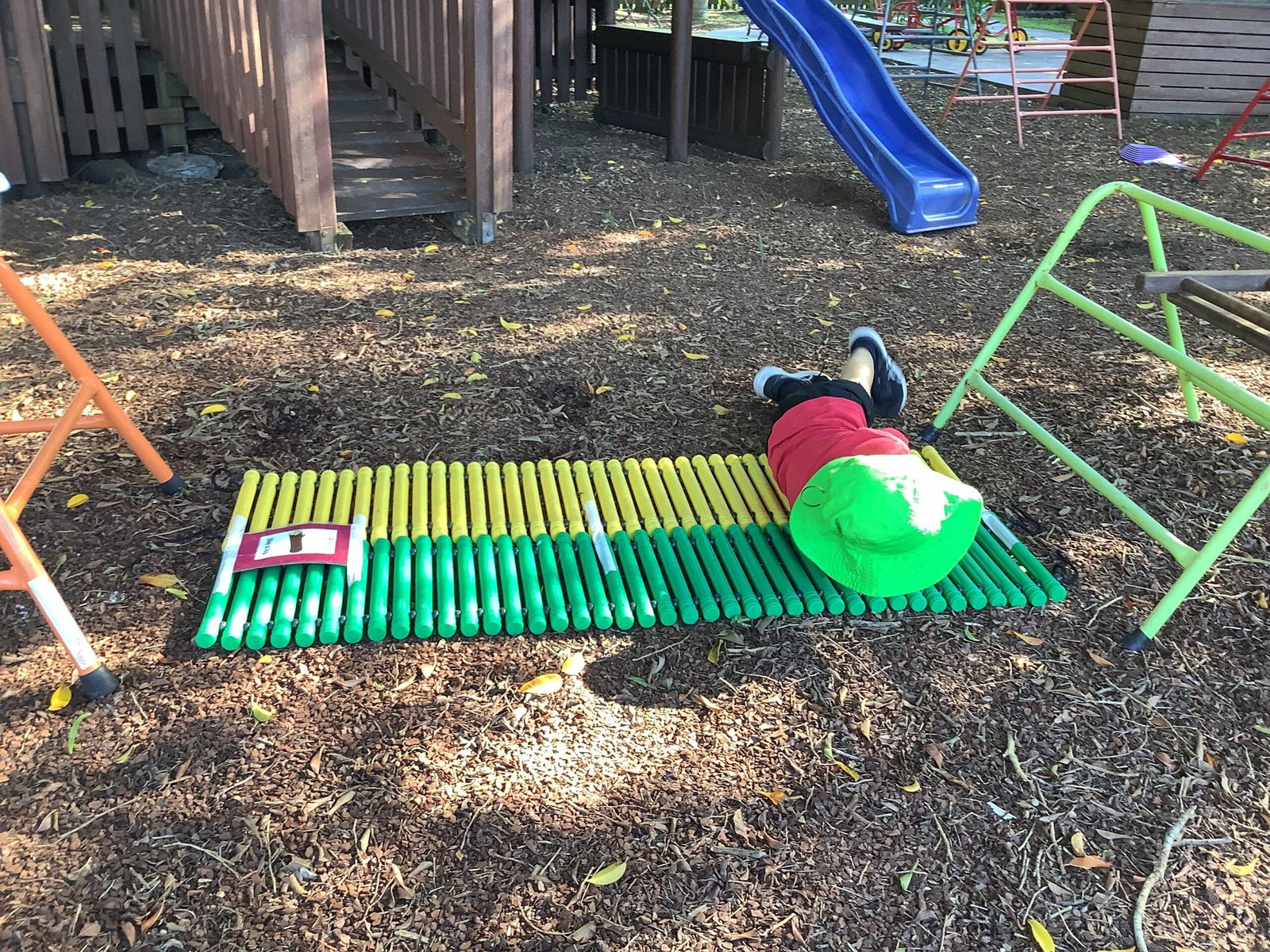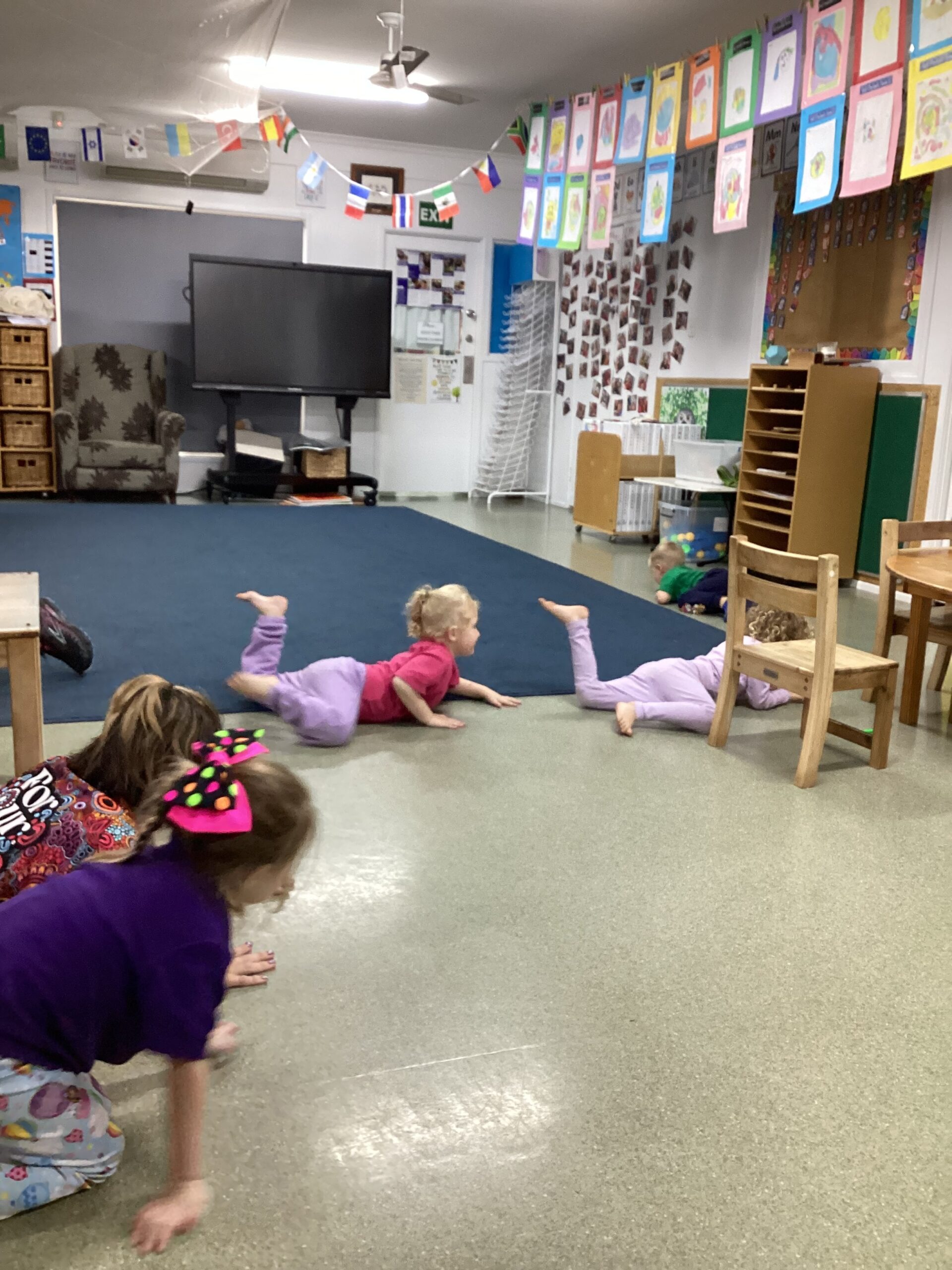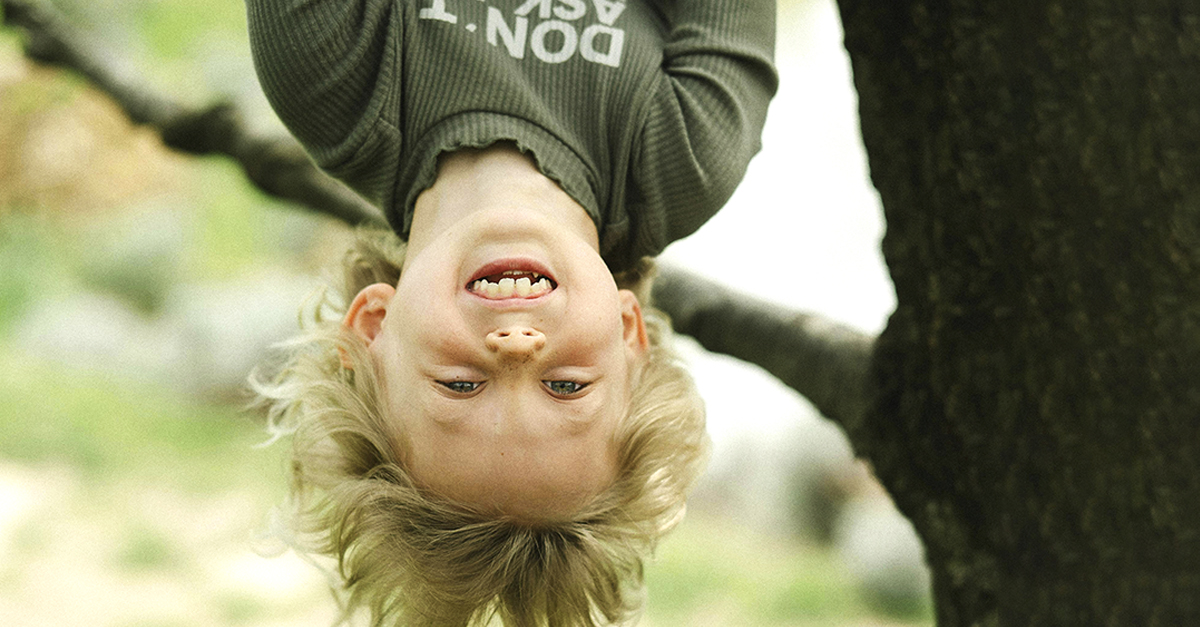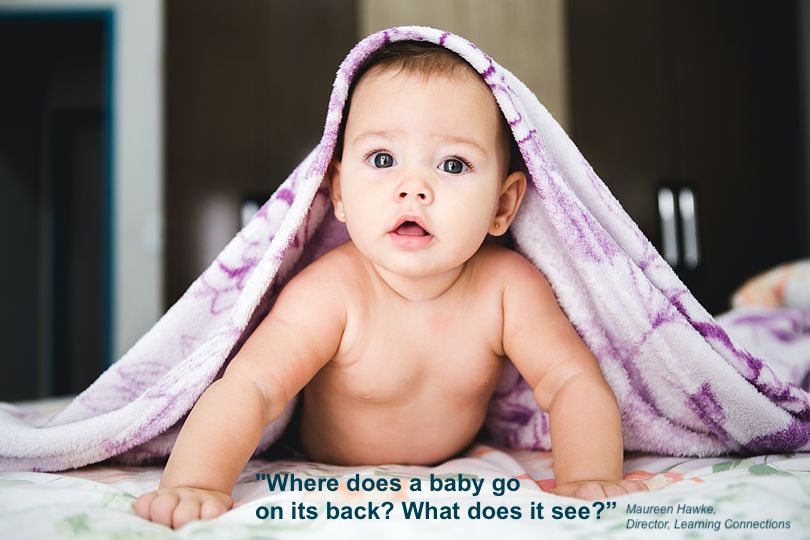There are many factors that can be contributing to challenging behaviours in young children. Children’s developmental differences are often expressed as challenging behaviours. Looking at the chart below you will see that many behaviours can be indicative of many different behavioural disorders.
It is important to understand the similarities between challenging early childhood behaviours and labels frequently associated with them. Individual symptoms listed below will not be problematic in all children. However they may be indicators of developmental differences. In combinations they can significantly impact the child’s learning.
| Behaviour | Sensory Processing | Primitive Reflexes | Nutrition/ Biochemistry | Auditory | Anxiety | ASD/DHD |
| 1. Easily upset/ meltdowns/tantrums. | X | X | X | X | X | X |
| 2. Quick to anger/ Disruptive/overly aggressive. | X | X | X | X | X | X |
| 3. Frequent headaches/stomach aches. | X | X | X | X | X | X |
| 4. Irritable/fearful/ restless/avoidant. | X | X | X | X | X | X |
| 5. Impulsive/difficulty Awaiting turn. | X | X | X | X | X | X |
| 6. Socialisation challenges/loner/bossy (likes to make the rules) difficulty making and keeping new friends. | X | X | X | X | X | |
| 7. Can’t follow directions and concentration/ Easily distracted/lack of focus/always fidgeting. | X | X | X | X | X | X |
| 8. Can’t sit still in chair/frequently falls off chair or rolls on floor in classroom. | X | X | X | X | X | X |
| 9. Talks excessively/doesn’t listen/hypersensitive to noise/startle response (fight or flight). | X | X | X | X | X | X |
| 10. Hypersensitivity to taste/touch/smell/textures/ Noise. | X | X | X | X | X | X |
| 11. Indifferent or increased responses to pain/touch. | X | X | X | X | X | |
| 12. Poor appetite/fussy eaters. | X | X | X | X | X | |
| 13. Often talks excessively. | X | X | X | |||
| 14. Sleep issues/ difficulties Settling down for bed and wakes during the night. | X | X | X | X | X | X |
| 15. Clumsy/poor coordination/poor ball skills/coordination Difficulties. | X | X | X | X |


